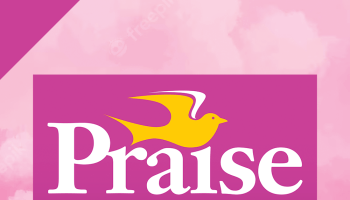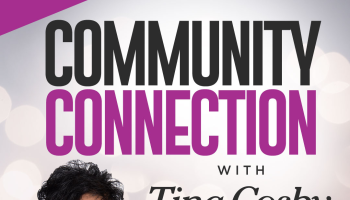Positive economic news has started to trickle in, and it seems financial recovery may finally be on the horizon. But with fierce competition still projected for entry-level jobs, what kind of salaries can the class of 2010 expect?
Class of 2010: Pay by the numbers
According to a study by the National Association of Colleges and Employers, 2010 graduates can expect an average starting salary of $47,673, only slightly less than last year’s average offer of $48,515. Yet despite an overall decrease, graduates in many fields can look forward to higher pay this year.
Students graduating with communications-related degrees, for example, are projected to see increased earnings across the board. Employers report they’ll offer higher salaries to graduates with degrees in broadcast and print journalism, public relations, communications and advertising. Average reported salaries range from $36,286 for jobs in public relations to more than $46,000 for graduates entering broadcast journalism; up from $31,000 and $32,000 in 2009, respectively.
Engineering students graduating with an environmental concentration are also expected to be in demand, leading to higher salary offers this year. Employers plan to increase offers to those in agricultural, environmental and ocean engineering from an average of $43,600 in 2009, to $55,187 this year. Across all engineering majors, the average projected starting salary is $54,892, up slightly from $54,208 in 2009.
Projected overall salaries for business school graduates saw a trivial decline from last year, to $46,623 from $46,973 in 2009. Accounting and finance majors, however, can expect a slight increase in projected earnings (0.4 percent for accounting majors, 1.6 percent for those in finance), though this comes as no surprise. Employers ranked students with these degrees as the most in-demand overall, according to the NACE survey.
Graduates with liberal arts and science degrees will be hardest hit this year, with starting salaries estimated to be lower across the board. Out of liberal arts degree holders, only English majors can expect a pay increase, with salary offers up 6 percent from last year. Of those students graduating with science degrees, employers plan to offer higher pay only to physics and agriculture majors. The average reported starting salary for those with humanities, science or social science degrees is $30,159.
Steve Langerud, director of career development at DePauw University in Indiana, says that liberal arts students shouldn’t worry about low starting salaries, though, since money often comes later for those with liberal arts degrees. “Many students and adults who go for the money in their first job do so at the risk of a midlife crisis or worse,” he says. “[Liberal arts students] speak, write and think effectively, and what they need to know professionally comes on the job, not in the classroom. The money follows, but not always right away.” His advice to students: Be patient.
The (very) bottom line
Because not all students will find full-time work immediately after graduation, many will continue to use internships as an opportunity to build their résumés and gain industry experience while looking for full-time jobs. But what should new graduates do if they are offered an internship without pay, now that they can no longer receive school credit in return for their hard work? Do they take the unpaid internship and hope that it will open doors?
“Short answer, yes,” says Michael Smith, a communications professor at Campbell University in North Carolina. “Work for free and pray that it will lead to an income.” In the meantime, the experience will help build your résumé and contact list, he says.
Langerud shares Smith’s view, calling unpaid internships “one of the most significant and effective investments a recent graduate can make in their future.” He adds: “Woody Allen said that 80 percent of success is just showing up. He’s right! When you combine showing up with talent, you have a magic combination for success in the job market, no matter what the economy is doing.”
Bing: How much more will you make with a post-grad degree?
Bing: Cities with the lowest cost of living
Bing: Hottest U.S. job markets
Kaitlin Madden is a writer and blogger for CareerBuilder.com and its job blog, “The Work Buzz.” She researches and writes about job search strategy, career management, hiring trends and workplace issues.
Copyright 2010 CareerBuilder.com All rights reserved. The information contained in this article may not be published, broadcast or otherwise distributed without prior written authority.
Story Filed Wednesday, May 26, 2010 – 2:55 PM















